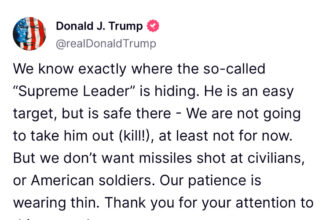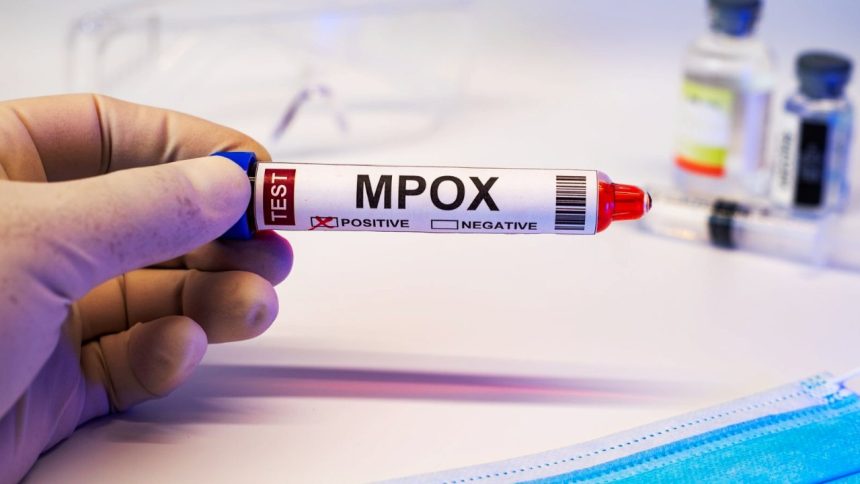In a rather bizarre incident, the first patient to be diagnosed with the dangerous mpox, formerly known as monkeypox, has gone missing from home.
The individual was staying at his home in Mardan after being diagnosed with the disease in Peshawar upon his return from Saudi Arabia. However, his residence was found to be locked when a medical team visited him to provide him with guidelines to deal with the disease.
When the authorities looked into his native area, Dir, the patient was not to be found there either, prompting the authorities to intensify their efforts to locate the patient.
Another strange aspect of the whole situation is the way the health authorities in Khyber Pakhtunkhwa (KP) withdrew their confirmation of more mpox cases after previously confirming the diagnosis in two more patients.
The authorities had previously stated that two individuals, who had returned from the United Arab Emirates, had tested positive for the disease and were being quarantined.
PM orders vigilance
Separately, Prime Minister Shehbaz Sharif called an emergency meeting to discuss the situation and review the measures taken to combat the disease. These measures include the arrangements made by the authorities at the entry points of the country, including airports and borders. Moreover, the premier also got a briefing on the availability of healthcare facilities.
The meeting was attended by the chief secretaries of all four provinces. The officials of the National Institute of Health (NIH) and the National Command and Operation Center (NCOC) were also present during the meeting.
To contain the situation before it goes out of control, the premier issued instructions to the authorities. He stressed strict monitoring and surveillance at all entry points of the country.
It is worth noting here that the NCOC has already issued guidelines to prevent the disease from spreading and the authorities have also enforced strict arrangements at the entry points of the country.
Technical Working Group
The Government of Punjab has also constituted a Technical Working Group under the chairmanship of Prof. Dr. Javed Akram. The TWG comprises a total of 20 members and will be responsible for reviewing the overall situation. It will also review the arrangements for clinical management and the treatment protocols. Moreover, the TWG will evaluate the availability of vaccines and propose recommendations in this regard. Furthermore, the body will guide the authorities through policy recommendations and analyze data for devising strategies.
Pakistan first detected a case of mpox on August 15 in a citizen of Khyber Pakhtunkhwa. The individual was experiencing mild symptoms, and efforts were made to trace those who had come in contact with him. It is worth noting here that while mpox does not spread like COVID-19, people will close contact with the patient become suspected cases and are tested. However, it is yet to be confirmed which variant of the virus had affected the patients in Pakistan.
The world is currently experiencing a deadly outbreak of the disease due to the emergence of a new variant. Most cases and fatalities have been recorded in the Democratic Republic of Congo, where the figures range in thousands. Amid the heightened sense of concern, the World Health Organization (WHO) declared the outbreak a global public health emergency.
The global health body also held a meeting on Friday to review the situation and to discuss ways to ensure fair access to preventive vaccines and treatment options. While it advocated increased monitoring to detect cases outside of Africa, it did not recommend any travel restrictions at the moment.
Regional preparedness
After the confirmation of the disease in Pakistan, following Sweden and Africa, the region is on high alert, with India and China taking precautionary measures amid WHO’s alarm.
China has announced that for the next six months, it will monitor people and goods entering the country. It will also sanitize all the vehicles, containers and items from countries experiencing mpox outbreaks.












